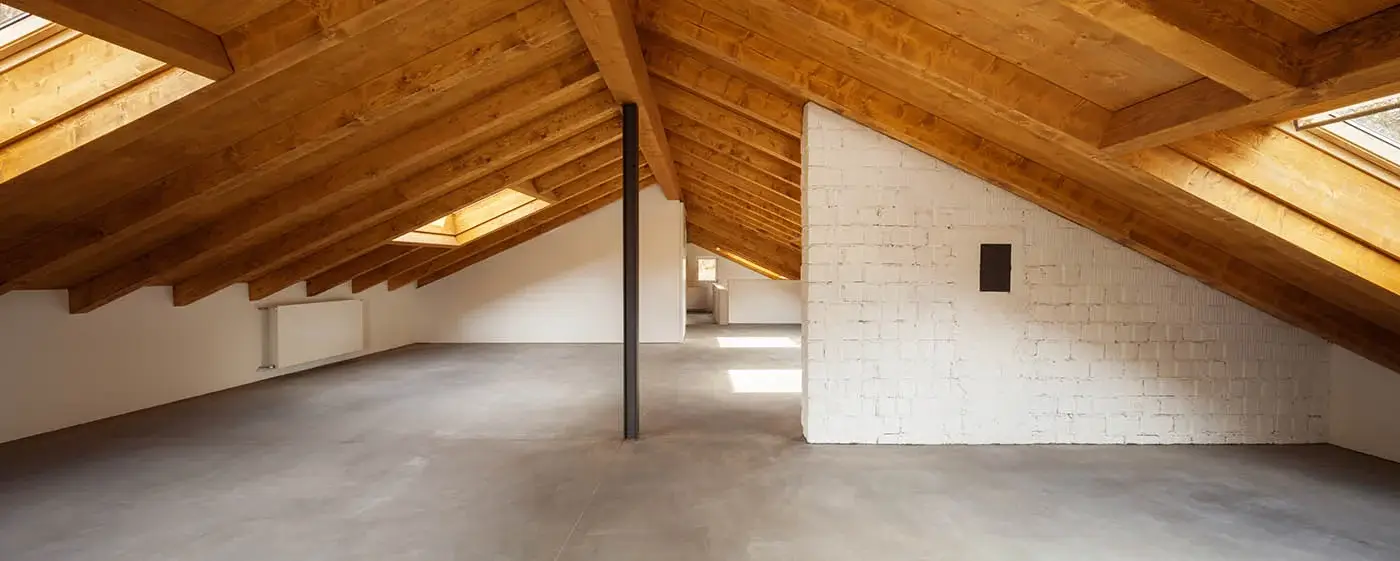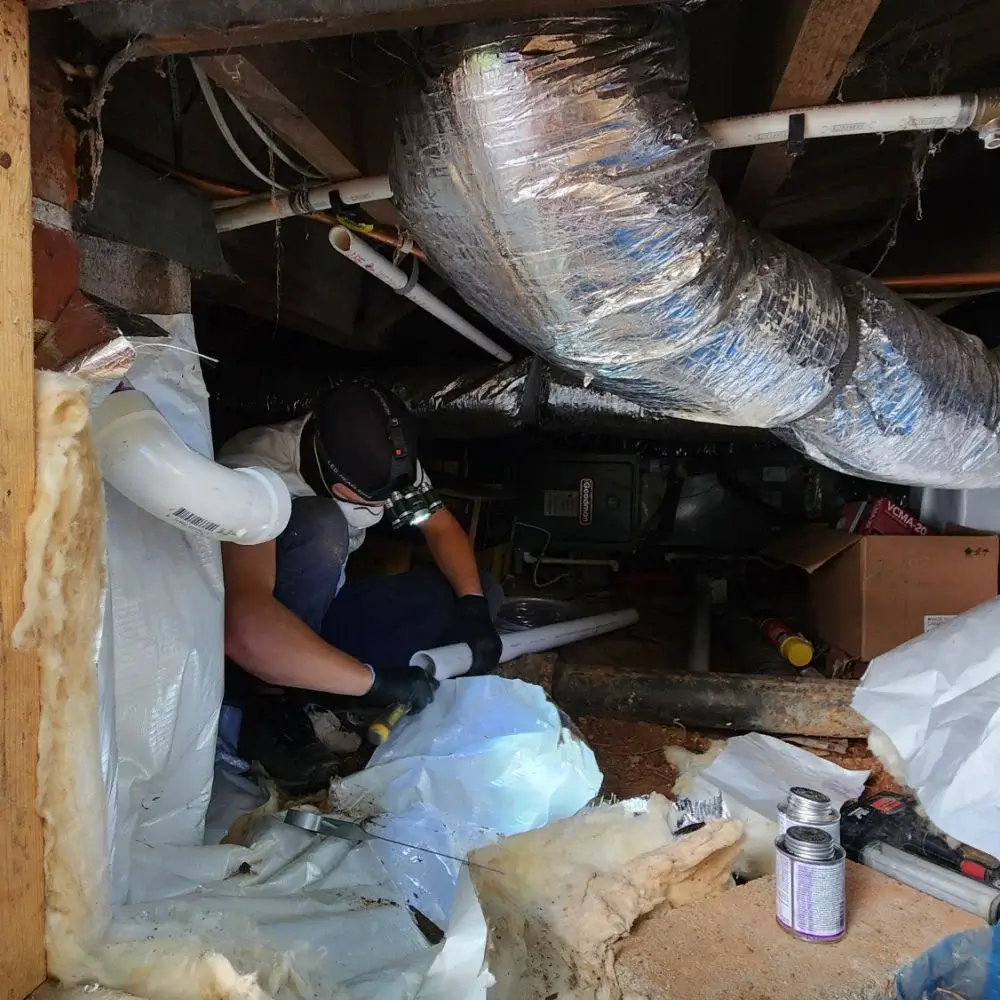If your house is like most in North Carolina, you have a crawl space instead of a basement or slab. However, while crawl spaces make it easy to access the underside of the house, they can also be problematic if left to their own devices. Pests, water leakage, and mold are common issues that can arise from unkempt crawl spaces.
In many cases, these spaces can emit a musty or mildewy smell into the home. When that happens, it’s time to get down there and assess the situation (and fix it). Fortunately, Phantom Contractors is ready to update your crawl space and turn it into a clean and highly functional space. Let’s discover what can cause these smells and what to do about them.
Top Reasons For a Moldy Smell In Your Crawlspace
Unfortunately, mold is a common problem across the United States, particularly in the Southeast. Hot and humid temperatures are perfect for mold growth, and spores can latch onto many surfaces within the house, even those you can’t see or access easily
As a general rule, mold thrives in warm and wet environments, so if your house isn’t climate-controlled, mildew can spread quickly within the walls and foundation. So, with that in mind, here are the top reasons why you may be encountering a musty smell within your crawl space.

1. Water Leak
2. Pest Control Problems
Pests love to take shelter in crawl spaces because they’re dark, warm, and safe from predators and other environmental elements. In North Carolina, you’ll have to worry about pests like rats, mice, cockroaches, raccoons, ants, and many others.
In some cases, the damage caused by these pests can lead to mold growth. For example, if a raccoon breaks into your crawl space, rainwater and humidity can get inside, allowing mold to thrive. In other instances, the smell may be coming from dead pests like rats or raccoons that are sitting underneath the house.
3. Excess Humidity
North Carolina is known for its hot and humid climate, making it hard to keep crawl spaces clean and dry. Since it’s necessary to vent the crawl space, humidity can get in through openings underneath the house. As this humidity builds, it collects as water droplets that stick to surfaces. Over time, these droplets can harbor mildew and other microorganisms, leading to bad smells and water damage.
4. Sewage Seepage
When it comes to home repair problems, nothing really compares to a backed-up sewer pipe. When this happens, the cost to repair it can be astronomical because crews have to dig underneath the house to fix the pipe and reinforce the dirt surrounding it. In a worst-case scenario, this seepage could cause massive foundational damage. In other situations, it may just lead to a strong moldy odor.

What to Do With a Moldy or Musty Crawlspace
Typically, if you’re smelling mold underneath your house, it’s already past time to inspect and repair the conditions inside your crawl space. Fortunately, Phantom Contractors can take care of most of these issues so you don’t have to worry about strong scents or other problems. Here are some of the best solutions we offer:
Encapsulate Your Crawlspace
Inspect Your Plumbing
Perform Routine Pest Control
Let Phantom Contractors Encapsulate Your Crawlspace
While encapsulation is often the best form of preventative maintenance, we recognize that it’s not always the right solution for everyone. That’s why we offer a wide array of crawlspace services, including vapor barriers, insulation removal and installation, and floor joist repair. If you’re not sure what your crawlspace looks like right now, give us a call, and we can come out to do a site inspection. From there, we’ll give you the best options possible to ensure you don’t have to worry about your crawlspace for a long time.